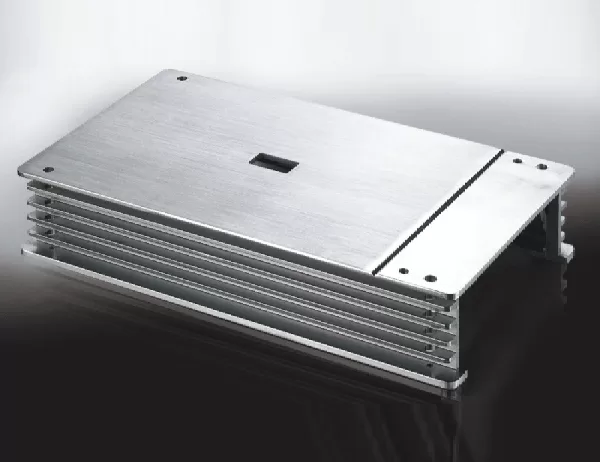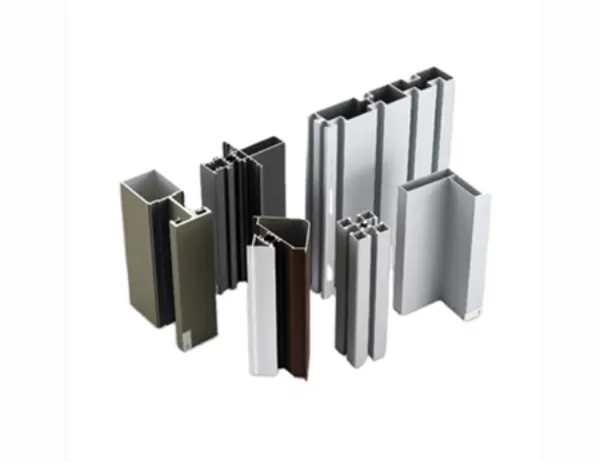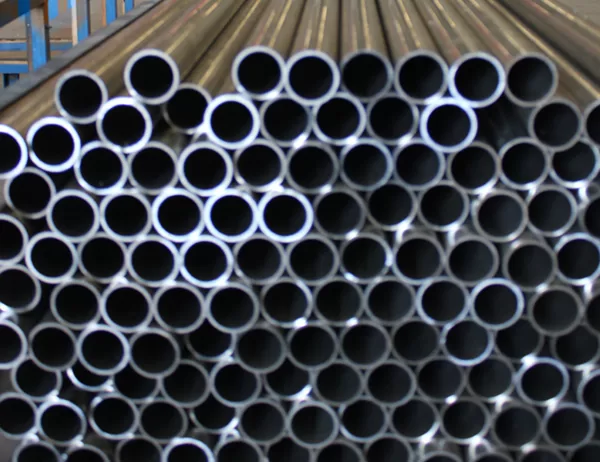8mm aluminum sheets are incredibly versatile and durable, but they can also be prone to certain issues. Here are some tips to help you troubleshoot and resolve these issues:
Warpage:
Ensure the sheets are properly annealed before fabrication.
Use jigs, clamps, or other support structures to prevent movement during welding.
Avoid excessive heat input, which can weaken the material.
Cracking:
Check the material’s thickness and ensure it is suitable for the intended application.
Minimize stresses by using gradual bends and avoiding sharp corners.
Use a welding technique that promotes strength and ductility.
Corrosion:
Clean and etch the sheets before storage to remove any contaminants.
Apply a protective coating, such as paint, powder coating, or anodizing.
Store the sheets in a dry and well-ventilated area.
Weld Porosity:
Ensure the welding surfaces are clean and free of oxides.
Use a shielding gas to prevent oxidation during welding.
Adjust the welding parameters to optimize bead penetration and reduce spatter.
Surface Imperfections:
Remove any surface scratches or marks with a fine grit sandpaper or wire brush.
Fill in any dents or gouges with a matching aluminum filler.
Polish or buff the sheets to restore a smooth finish.
Other Troubleshooting Tips:
Use proper safety equipment, including gloves, eye protection, and respiratory protection.
Inspect the sheets carefully before fabrication to identify any potential defects.
Seek professional assistance if you encounter recurring or complex issues.
By following these tips, you can effectively troubleshoot and resolve common issues with 8mm aluminum sheets, ensuring optimal performance and longevity.




